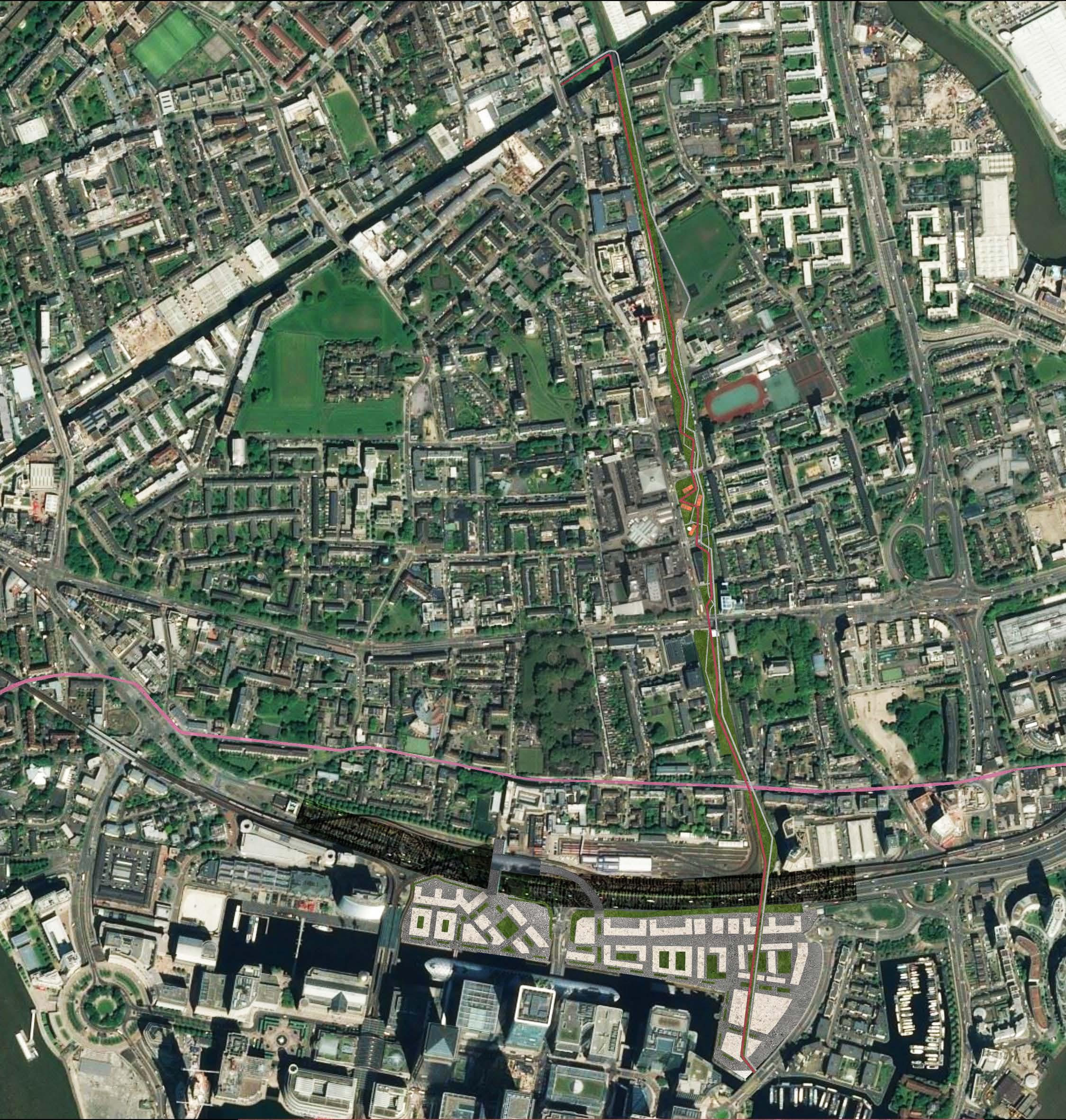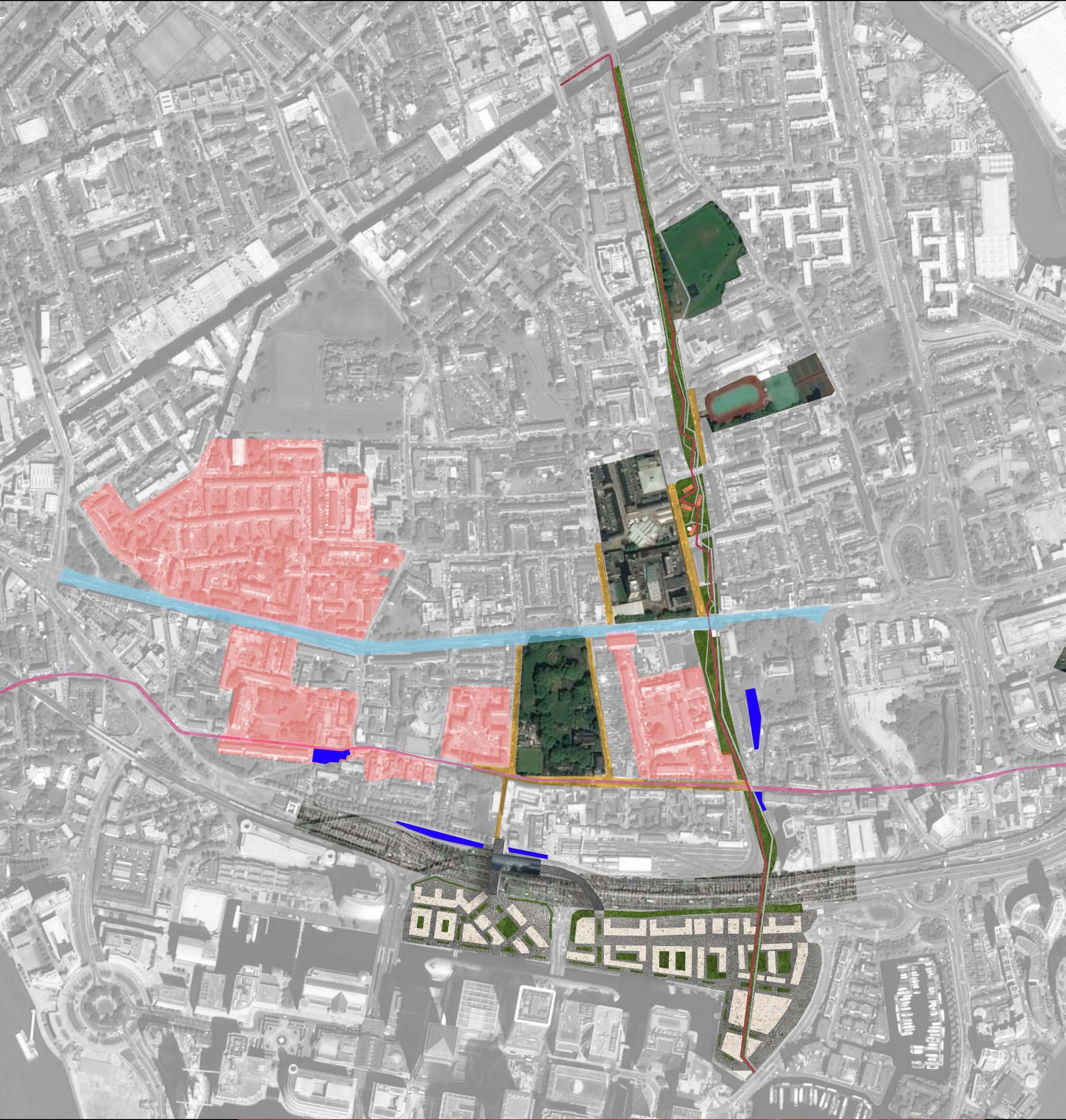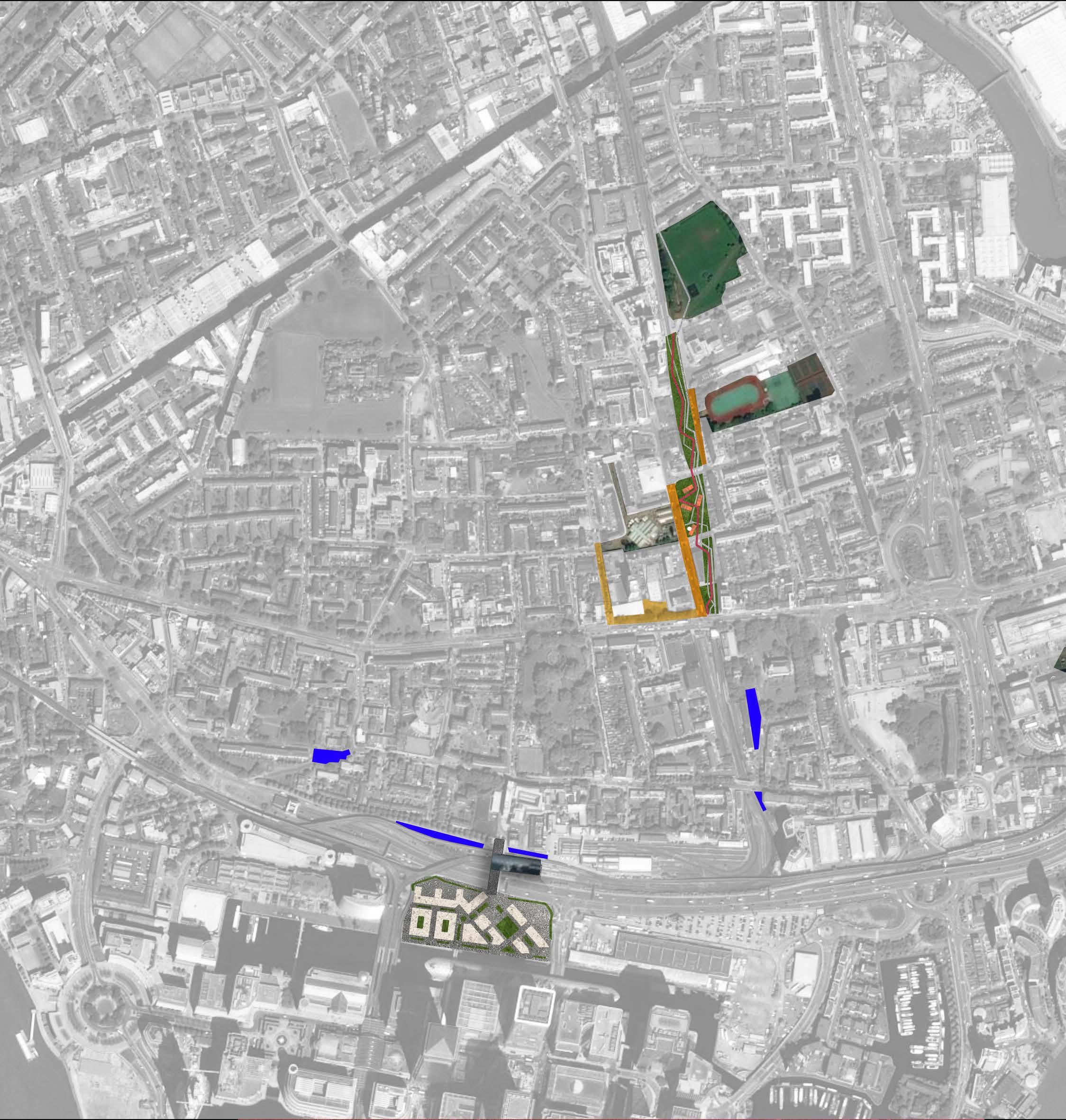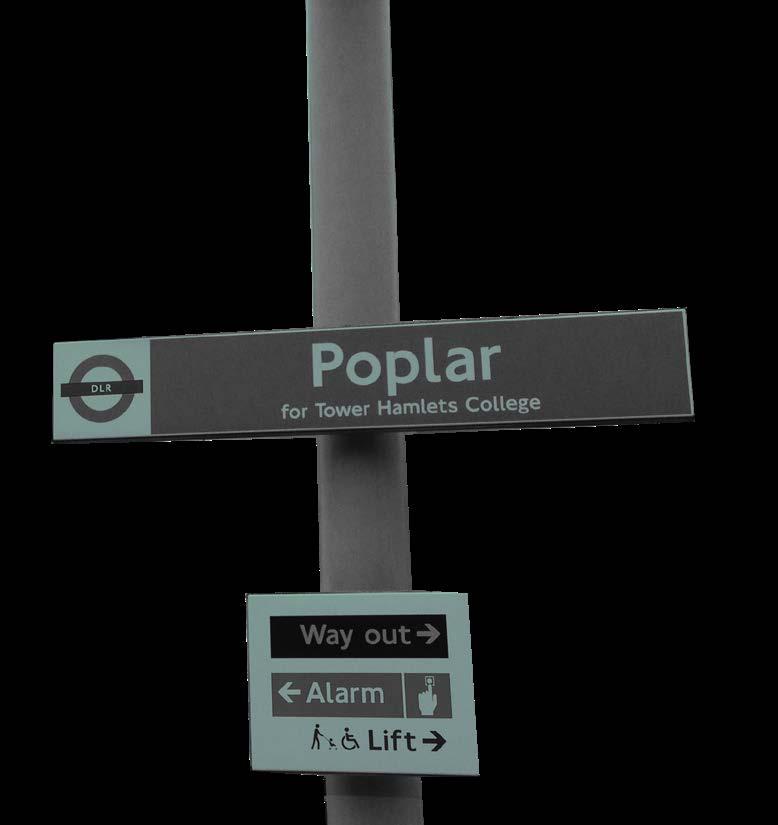
1 minute read
Key Issues
from W19P298
by PDF Uploads
03 STRATEGY KEY ISSUES
CLIMATE CHANGE
As one of London’s most deprived areas, Poplar is more susceptible to the impacts of climate change than wealthier areas in London. This is in part due to the financial burden that will occur as a result of climate change on resources but also the financial barriers to climate change mitigation and adaptation.
What’s Needed? • Promote sustainable living and Co2 neutrality • Establish local energy Independence • Implement climate education across a variety of age groups • Climate resilience through mitigation and adaptable spaces
HOUSING

Poplar has an ageing housing stock which suffers from poor quality social housing built in the post war period. These homes are not sustainable due to poor energy efficiency producing higher energy bills for occupiers. Tower Hamlets suffers from a housing shortage with 20,000 applications currently on the social housing register (Tower Hamlets, 2019c). Poplar’s built form demands a higher quality housing stock while providing enough housing for future population growth.
What’s Needed? • Protected social housing stock to protect working class communities. • Refurbished housing stock increasing energy efficiency and housing quality. • Increasing housing stock through opportunity sites. • High quality housing design built for a changing climate.
FRACTURED LOCAL ECONOMY

The Borough of Tower Hamlets has remained one of London’s most deprived areas since WW2 and despite Poplar’s proximity to wealthy Canary Wharf, the area remains troubled by high levels of unemployment. A dying high street and historic central market at threat of being taken over by big enterprise as small businesses struggle to survive.
What’s Needed? Policies that tackle gentrification and protect longstanding local business Socio-economically sustainable workplaces that provide flexible living and working for all types of enterprise New business opportunities for the local community









